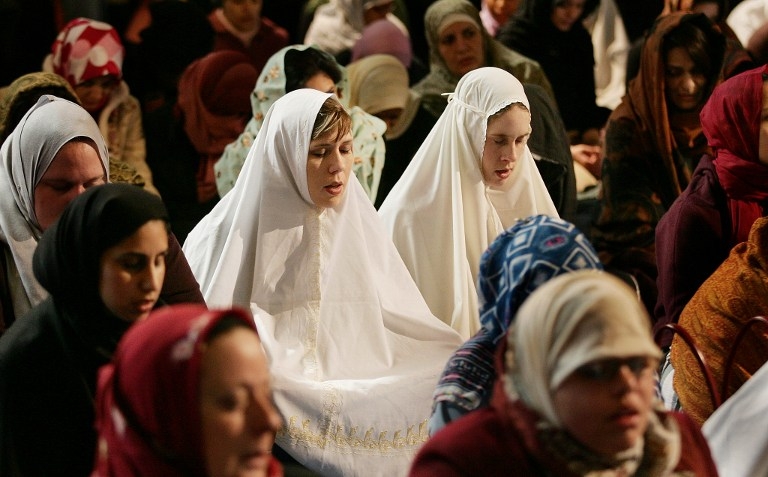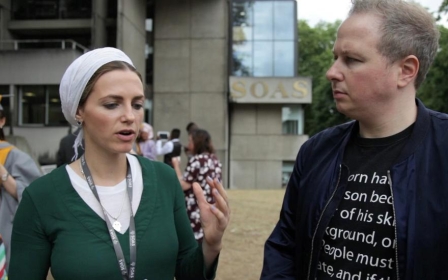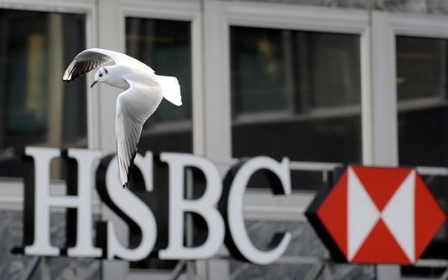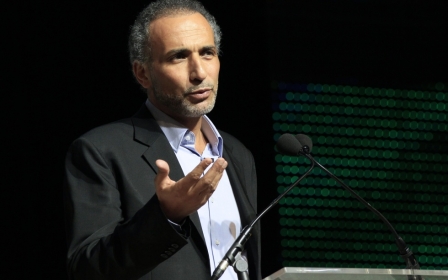Committedly Islamic, avowedly feminist: Germany's Islamic feminist movement

There are two general tendencies that govern how Muslim minorities in Europe are spoken about by mainstream European politicians and journalists. One is that the attention is overwhelmingly on Muslim communities living in Britain and France. Other European countries get a mention only when there erupts a crisis or a murder, as was the case in the Jyllands-Posten controversy in 2005 in Denmark.
The other striking tendency is that Muslim minorities in Europe are typically spoken of as distinct from the people and common sensibilities of the nation in which they live. They are taken to be a troublesome minority, one whose existence is alien, and whose very presence raises a "question" for European modernity.
There is a phenomenon in Germany which boldly challenges both of these tendencies that saturate the dominant discourse around Muslim minorities in Europe.
The last 15 years has seen the emergence and growth of a women’s Islamic movement in Germany. Refreshingly, the movement is not straightforwardly a "Berlin-only" phenomenon. It exists in cities across Germany to be sure, and also has local chapters in smaller residential towns.
Imama Andrea Reimann is a German convert to Islam who founded DMK Berlin. DMK is a charity that specialises in setting up reading and discussion groups within mosques and people’s houses across Germany. The first such group was Berliner Muslime hier Zuhause. Non-Muslims are welcome, and the emphasis is on Islam’s place in modern Europe and the need to encourage interfaith conversation and internal critique of mainstream Islamic practices. The practices which receive particular critical attention are practices deemed to be gender-discriminatory.
Reimann told Middle East Eye that DMK’s material is released only in German. Discussion groups are all advertised as requiring only German linguistic ability – no familiarity with Arabic is presumed. This is in line with the DMK’s membership figures and with its ideology. Sixty percent of DMK’s members are Germans of European descent. And 64 percent of members are women.
The last two decades have witnessed the establishment of a distinctly German community of Muslims, many of whom are German-born. These people by and large do not speak Arabic. Most do not speak or read fluent Turkish, despite the fact that Germany’s biggest Muslim demographic group is descended from Turkey.
The German Islamic feminist movement absorbs people who are first and foremost German, rather than Turks or Arabs. It is committedly Islamic in its approach, emphasising close hermeneutic engagement with the Quran. It also avows that a feminist reading of the Quran is possible, desirable, and accurate. Reimann maintains that the Quran is "an anti-patriarchal text". The Quran itself has been imposed with patriarchal and other politically unjust interpretations across centuries, reinforced by an elite, though disparate, body of scholars who historically have been almost exclusively male. This systematic misreading of the Quran has everything to do with politics, so Reimann claims, and very little to do with sensitively and charitably interpreting scripture.
Dr Riem Spielhaus is a lecturer at Humboldt University who has published widely on notions of secularism, secularity, feminism and the place of Muslims in modern Europe. She suggested to MEE that the modern German Islamic feminist movement, with DMK and other self-organised community groups very much at the vanguard, has been influenced by the women’s movement in Egypt.
Influenced by the work of self-identified feminist Muslim scholars such as Amina Wadud, Saba Mahmood and Gayatri Spivak, women in Egypt since the 1970s have started to "re-read" the Quran and Hadiths. They have sought to identify more accurate readings of these foundational texts, and to challenge those readings which under critical pressure look suspiciously politically grounded to preserve male (or other) social privilege.
Muslim women who are seeking to engage hermeneutically with the Quran as a text of social justice are starting to make ripples in Western Europe. There are at least two powerful motivations behind this movement. The first, clearly, is the belief that such anti-patriarchal and critical readings of the Quran are justified by the text and by appeal to traditional jurisprudential sources of Quranic interpretation.
The second reason is that this new wave of Quranic interpretation is strategically useful and politically urgent. It is strategically useful since it evidences how Islam need not and should not be seen as some hopelessly misogynistic or barbarian set of beliefs and practices. And this constitutes a healthy antidote to the perceived wisdom of modern Europe that Islam is an alien force that must either be accommodated or else must be forcibly integrated into secular European modes of thinking and living.
There is also a political urgency to this mode of Islamic feminism arising non-hierarchically from the conversations of ordinary European Muslims. Since it does not represent a criticism of Islamic orthodoxy from outside – it is not a mere instance of cultural imperialism in the style of a white European neo-conservative – it is all the more powerful as a mode of critiquing prevailing attitudes in Muslim communities in Europe. It is harder to straightforwardly dismiss the voice of someone internal to one’s group than it is to ignore the voice of some outsider imposing their own metric of progress and modernity.
As Dr Spielhaus affirmed to MEE, there is much to be optimistic about in the emerging German Islamic feminist movement. The movement is generating a critical sensibility which might constitute a substantive challenge to the prevailing discourse about Muslims in particular and about religion in general in Western Europe.
Over the past month alone, David Cameron and Angela Merkel have both spoken of European Muslims as insufficiently "integrated". This narrative of cultural isolation and non-assimilation has far more to do with politics than with any fact about what Islam inherently is and must be. Any DMK member could have told you that.
- Chris Lynch is a graduate student interested in philosophy, politics, literature, and current affairs. He has lived in Bahrain, Saudi Arabia and London. A philosophy graduate of Cambridge University, Lynch has worked as a correspondent for The Cambridge Student and The Guardian, and as an intern for the current affairs magazine "spiked". He is currently Associate Editor of the interfaith student journal Convocamus printed by St Andrew's University in Scotland.
The views expressed in this article belong to the author and do not necessarily reflect the editorial policy of Middle East Eye.
Photo: Sixty percent of DMK’s members are Germans of European descent and sixty-four percent of members are women
New MEE newsletter: Jerusalem Dispatch
Sign up to get the latest insights and analysis on Israel-Palestine, alongside Turkey Unpacked and other MEE newsletters
Middle East Eye delivers independent and unrivalled coverage and analysis of the Middle East, North Africa and beyond. To learn more about republishing this content and the associated fees, please fill out this form. More about MEE can be found here.





